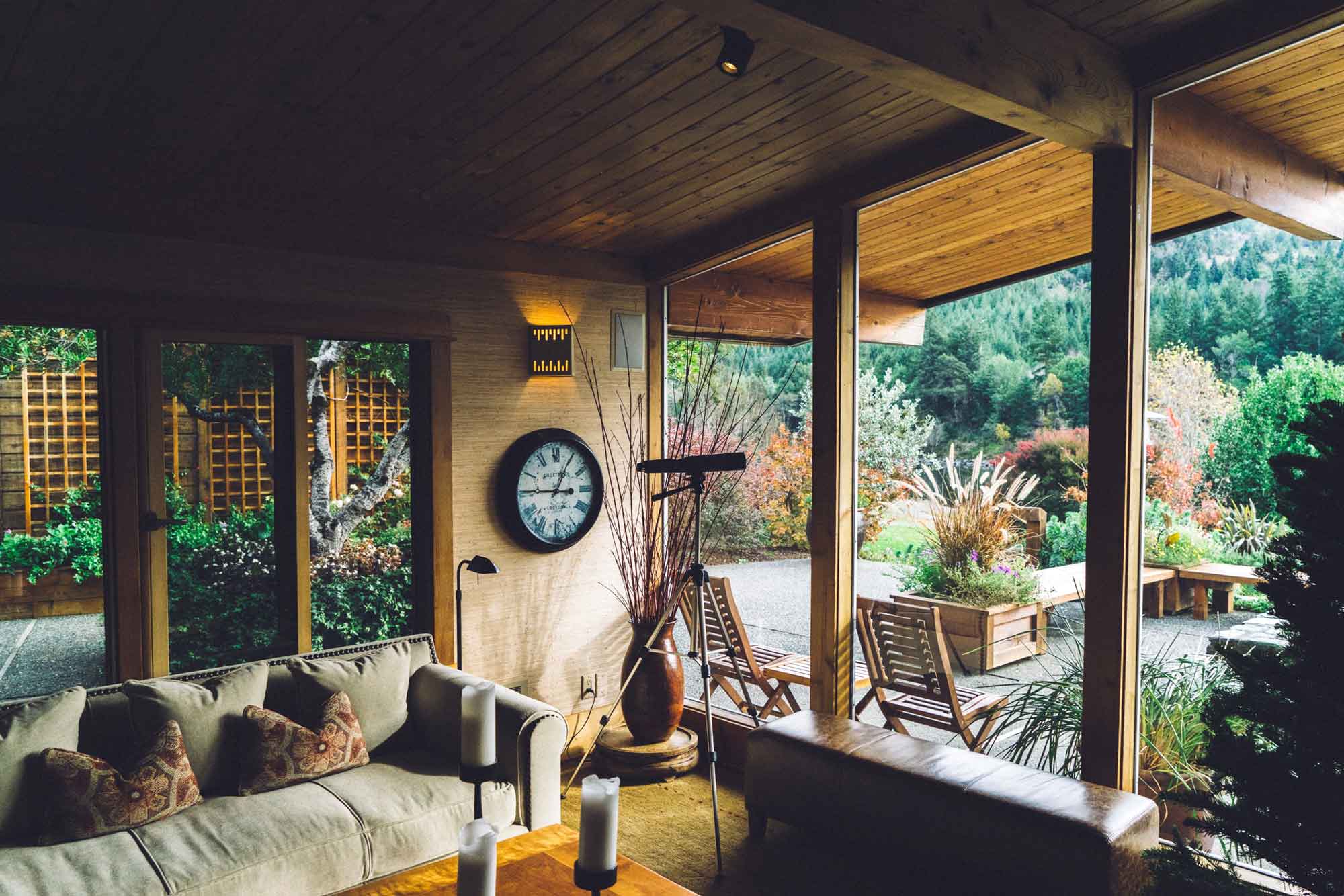Just like most senior citizens, many Veterans feel that they deserve to pick the residence they will continue to age in. However, it is not enough for our Vets to simply pick a place to choose to live. More important is knowing how to find a home or other environment most suitable for an aging individual to ensure their general needs are met.
As long as the right plan is implemented, aging in one’s chosen environment can be successful.
Where is home?
The first step in ensuring your Vet has the homiest atmosphere possible is taking into account where they want to live. Chances are, it will be in a home setting, not in a convalescent care or assisted living situation.
However, if convalescent care or another alternative option is chosen, do your research, and consider the following:
- Who will be taking care of your Veteran? Are they trustworthy?
- What kind of assistance will be offered? If your Veteran requires special care (e.g., for Alzheimer’s), will they be able to receive it?
- Does the convalescent care center or other environment have good reviews online? Is it clean, safe, and equipped with the right resources?
- Are there any potential hazards for your Veteran based on their condition (e.g., stairs)?
- What does the living space consist of? Does it have everything your loved one will need and most of what they want?
- Think of the other features the facility has, from the types of meals they serve to the rules they enact (e.g., no pets allowed).
Making a home
If your loved one plans on aging in their own home, there are many benefits at hand. While they will get to maintain more personal freedom, adjustments may need to be made to best accommodate what they require.
Keep the following in mind:
Safety & accommodations
Most important is ensuring a home environment is compatible with your Veteran. A well-built home equipped with fire alarms, security systems, and other safety features is integral. Additional safety features that pertain to a Vet’s particular needs are just as important. Does your loved one have difficulty climbing stairs? Is the floor too slippery for them or the home too dark for them to adequately see in? If so, ensure these needs are met as appropriate.
Transportation
When running errands or simply getting around, how will your Vet get from point A to point B? Perhaps a neighbor, friend, or family member will be doing the driving. Maybe your loved one plans on driving themselves. However, if the latter is not doable if, for instance, they are no longer able to drive, think of other options whether that be an annual bus pass or a special transit agency that will pick up your loved one from home.
Home & yard maintenance
As one ages, it not only is harder to get around, but it can also be a challenge to keep up with general home and yard care such as doing the dishes, vacuuming, or mowing the lawn. If your Veteran is not able to do these things safely on their own or even forgets to do such, look at hiring individuals to do the work for them. Someone trustworthy is important, as the elderly are candidates for scams and financial abuse.
General self-care
Living at home, your Veteran should be able to maintain personal hygiene (e.g., brushing their teeth, bathing) on their own. If, for instance, your loved one cannot cook a meal or struggles to remember to take their medication daily, this is when extra help will be necessary. Modifications such as lower cabinets, walk-in bathtubs, or portable toilets may be necessary.
While being at home may seem like the best option, having other options at hand is not a bad idea. Perhaps as your Veteran ages, living at home may turn into a hassle more than a help. Because of this, having a list of quality residential homes just in case is important.
Planning for the future
Consider the fact that as individuals age, different needs may arise. Conditions such as Alzheimer’s may develop, or an elderly individual may suddenly require a seeing-eye dog.
In addition to the latter, aging Veterans should also receive the right services and financial benefits they require to fulfill their golden years in the residence of their choice, such as the following:
- VA health care for dementia
- Medicaid/Medicare/personal insurance
- VA pension benefit or assistance
Additionally, planning for the future also consists of saving money, if possible, and creating a Legal Life PlanTM. Elderly folks, as previously mentioned, are often subjected to scams, fraud, identity theft, and other financial abuse. If your Veteran is not able to manage their own finances and make their own well-rounded decisions, this is another aspect to keep in mind both short- and long-term.
At Idaho Estate Planning, our considerate team is aware that creating a plan for your Veteran can be both intimidating and complex—particularly when there are lots of loved ones involved. Contact us today to discuss how you can best develop the right plan for your Veteran or aging loved one.






